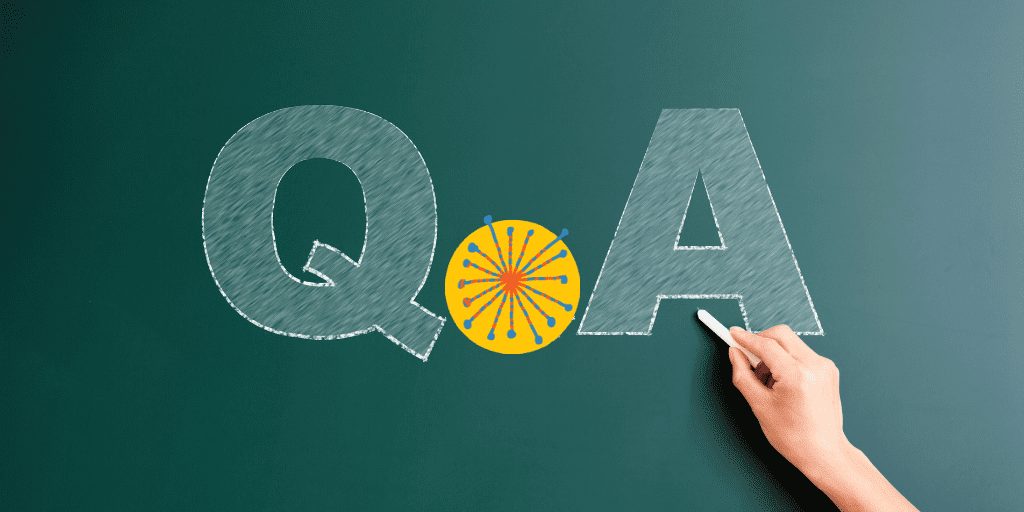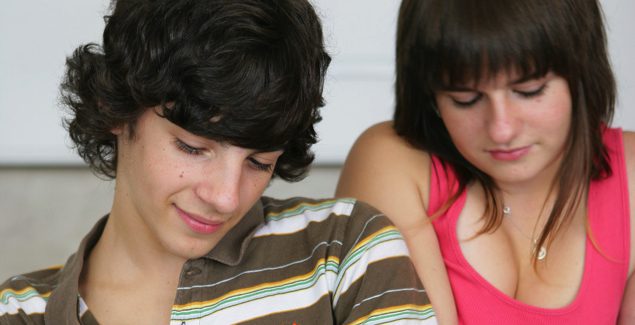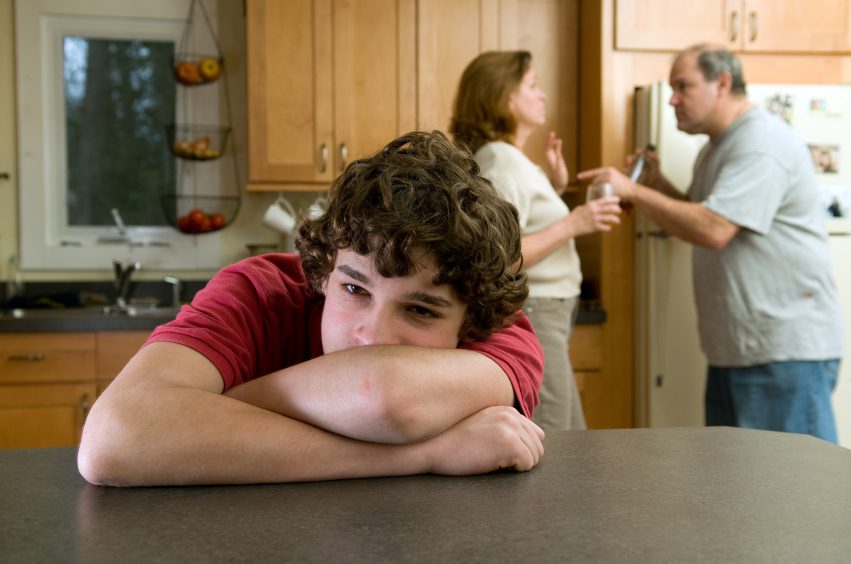Teenagers
My Child Is Deliberately Cutting. What Do I Do?

Learning that your child has been engaging in self-harm can be really scary and alarming as a parent or guardian. We answer a parent’s question, below.
Hear a detailed conversation about underlying causes and how to respond to self-harm in a child below, or find “Shrinking It Down” wherever you stream.
Lord Of The Flies In The Classroom: The Complicated World of Discipline And Limits

There is a fairly disturbing video circulating the Internet this week: a substitute teacher appears terrified as students verbally, and even physically, threaten her. One boy goes so far as to raise a chair in the air, as if preparing to strike her.
Treating Specific Phobias in Kids

It was the last semester of medical school, and Philadelphia couldn’t have been nicer—even West Philly.
My wife and daughter, then almost five years old, were walking around town, and at one point let our daughter run ahead over a concrete bridge.
Rules For Dating In A Non-Dating World

Before I actually had a daughter, I imagined that I’d be pretty cool with the whole dating thing. You know, a tiny bit formal perhaps—ask the young man (or the young lady) a few probing but non-threatening questions; remind both my daughter and her date about the curfew; and, refrain from kissing my daughter goodbye.
Doing What We Ought To Be Doing Already: An Approach To World Suicide Prevention Day

September 10th is World Suicide Prevention Day.
That seems straightforward enough.
Suicide is awful, more common than you’d think, and in many cases, highly preventable.
Perhaps most important, in virtually every culture and every ethnic group on the planet, suicide is highly stigmatized.
The Impact Of Divorce: All Children Only Get One Childhood

Listen to a conversation about the impact of divorce on children on our podcast. Tune in below or search for “Shrinking It Down” wherever you get your podcasts.
Navigating divorce is an adult problem and responsibility.
The Crisis In Pediatric Psychiatric Emergency Rooms

Psychiatric emergency rooms are busier than you can imagine—unless you’ve been stuck in one. In fact, there’s only one emergency room setting that’s even more so: pediatric psychiatric emergency rooms.
Preparing For Your Child’s First Appointment With A Mental Health Clinician

In our previous post, we spoke about what to do if you feel your child might be in need of psychological help. We noted that even finding the right phone number on the back of your insurance card can be challenging.
College Mental Health Is In Trouble

Sally is an 18-year-old freshman at a large land-grant university. She has been admitted into her school’s special scholars program due to her particularly impressive academic achievements in high school, and begins her first year of college with a new group of friends, and assumed academic success.
What Are Intelligence Tests?

Probably no other single area of evaluation has seen more controversy than that of intelligence. Psychologists have debated whether intelligence is learned or inherited, culturally-specific or universal, one ability or several. These debates are ongoing, and won’t soon be resolved.



